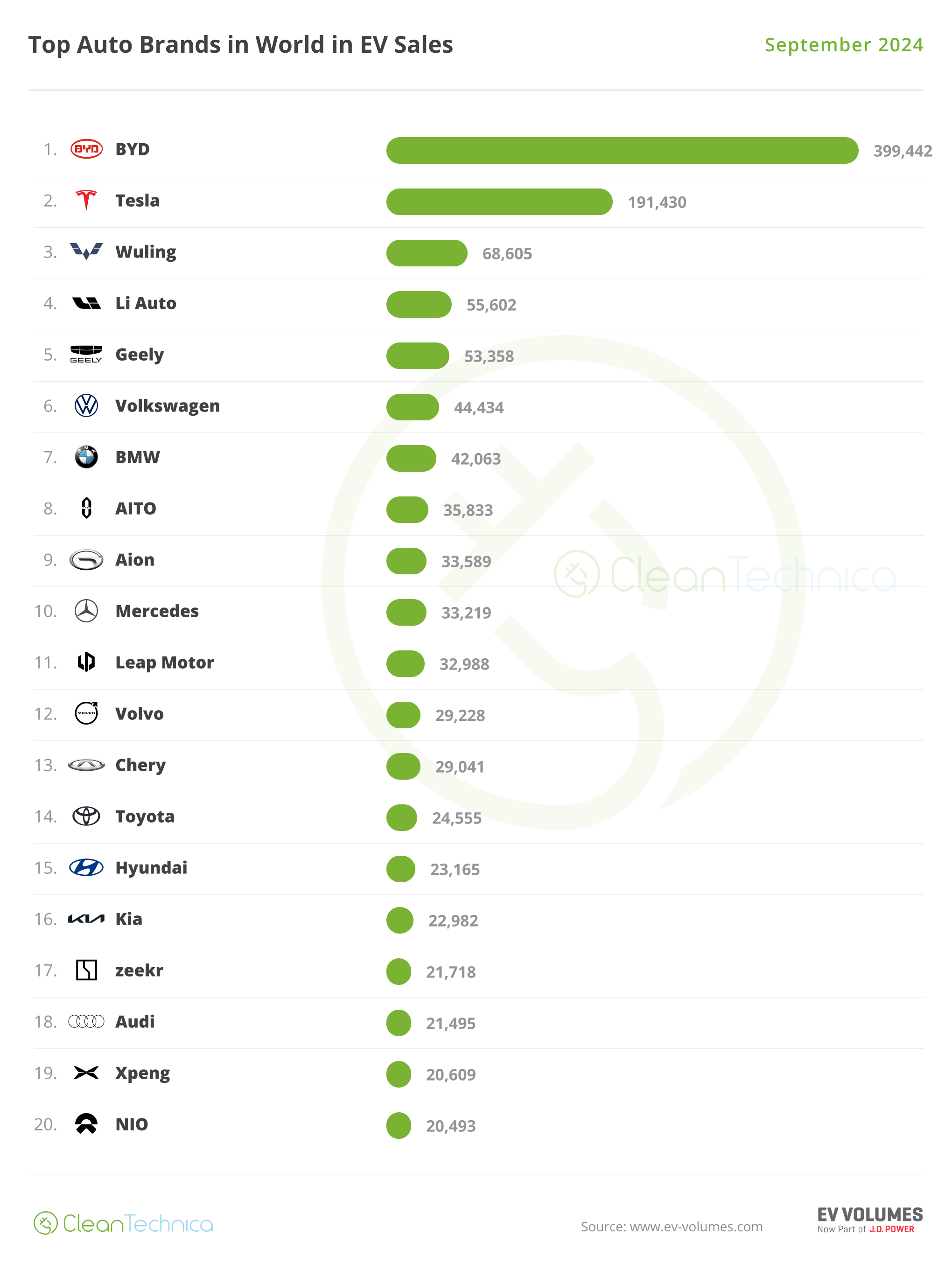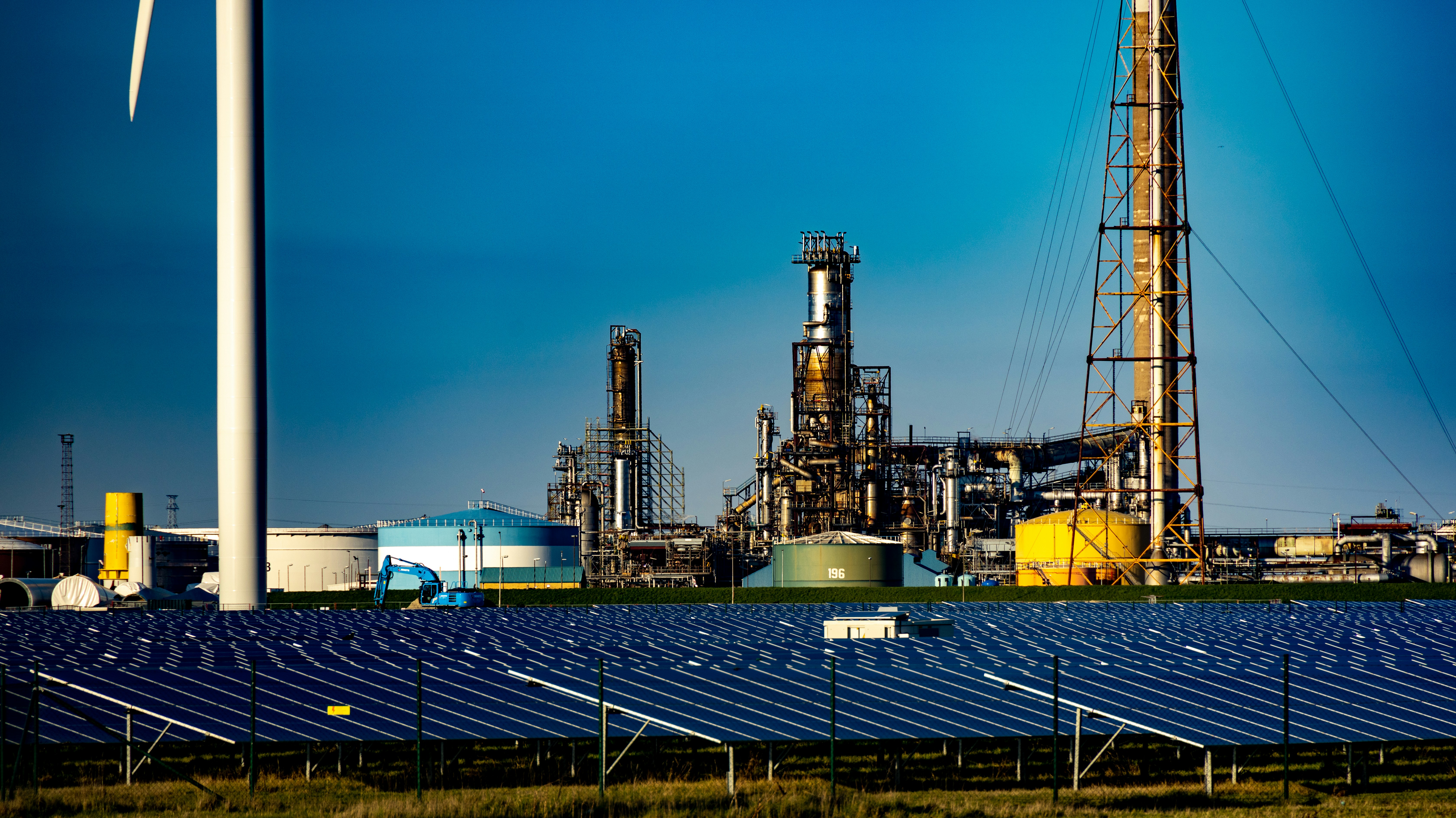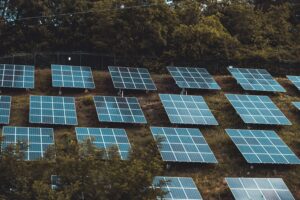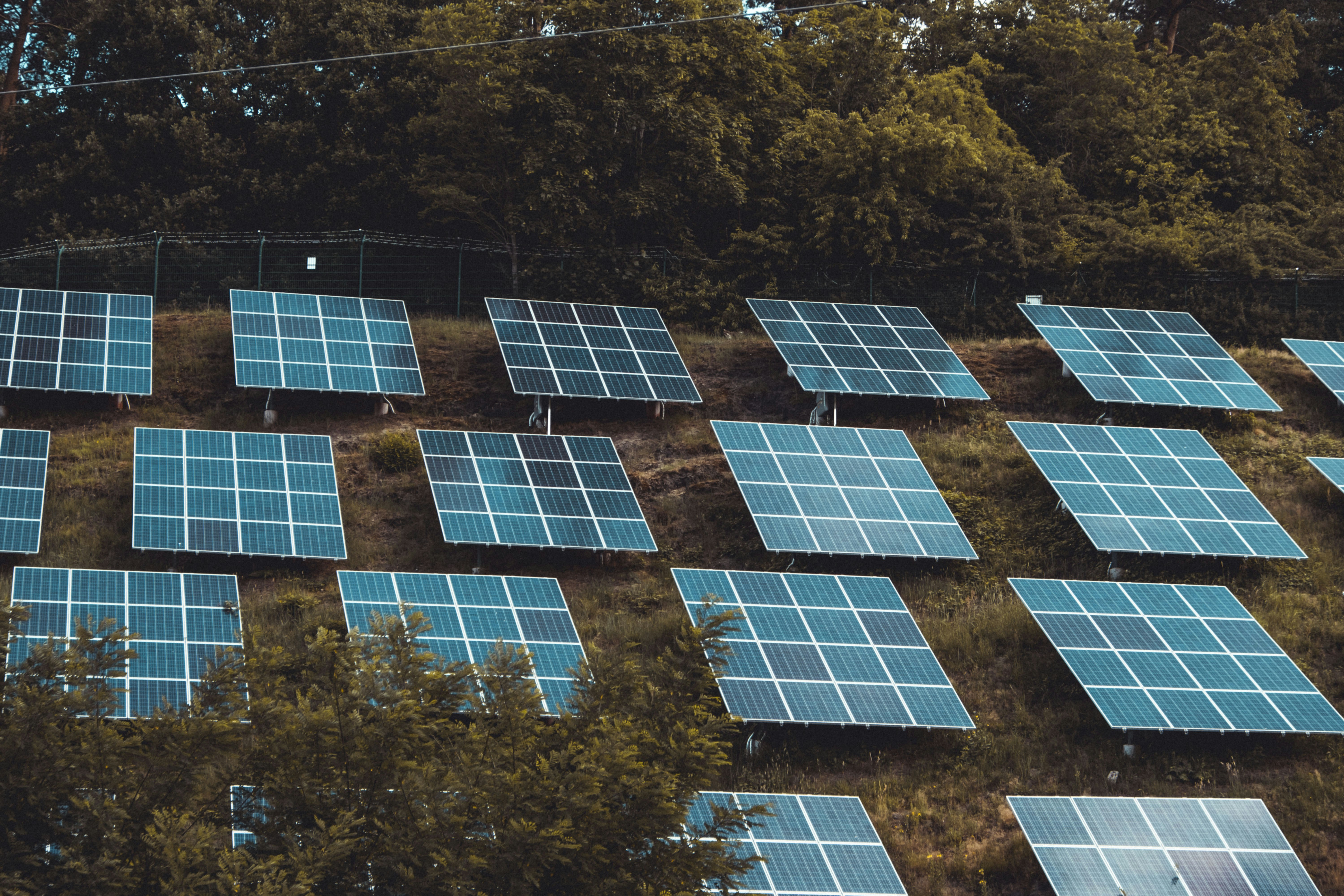A report launched this week by the UN Environmental Program reveals that efforts to restore the important atmospheric defend often known as the ozone layer are working, largely in consequence in a decline in world emissions of chemical substances that assault it. In response to the Washington Publish, the report says the ozone layer — which blocks ultraviolet daylight from reaching Earth’s floor — is slowly getting thicker. Meg Seki, govt secretary of the UN Setting Program’s Ozone Secretariat, known as the findings “incredible information.”
In 2018, noticed ranges of the chemical often known as CFC-11 reached a better degree than anticipated. The supply of the rise was traced to China. Because of worldwide cooperation, the discharge of CFC-11 from China was largely eradicated and up to date observations present the focus of CFC-11 is declining. That’s proof that societies can collaborate to handle a confounding environmental drawback, mentioned Martyn Chipperfield, a professor on the College of Leeds who serves on the scientific panel. “That turned out to be one other success story. Communities got here collectively and it was addressed.”
What Is Ozone?
Ozone is a molecule composed of three oxygen atoms. In nature, it tends to gather within the higher stratosphere, the place it acts as a defend towards sure parts of the solar’s radiation, particularly the UV-B a part of the electromagnetic spectrum. UV-B could cause pores and skin most cancers and result in cataracts. It may possibly additionally harm vegetation, inhibiting their progress and curbing their skill to retailer carbon dioxide. To not put too high-quality some extent on it, life as we all know it on Earth could be unattainable with out the ozone layer to guard us.
Ozone ranges are inclined to fluctuate over time, however starting within the 1970s, scientists seen the ozone layer was not repairing itself as rapidly as anticipated. The trigger was traced to a rise in chlorine within the higher ambiance. One chlorine atom can destroy 100,000 ozone molecules, in keeping with EPA. The principal sources of the chlorine within the ambiance have been chloroflourocarbons (CFCs) and hydrochloroflourocarbons (HCFCs) used as refrigerants in air conditioners and fridges. They have been additionally generally utilized in hearth suppressant supplies, foam insulation, and as a propellant in aerosol cans.
Particularly, the thinning of the ozone layer was best over Antarctica, a phenomenon that grew to become recognized within the media as an “ozone gap.” That discovery led the world group to create the Montreal Protocol, a 1987 settlement wherein all of the nations of the world agreed to halt the manufacturing and use of CFCs. Later in 2016, the Kigali Modification additionally banned the manufacture and use of HCFCs. It was lastly ratified by the US Senate final September.
Some pure processes, akin to massive volcanic eruptions, can have an oblique impact on ozone ranges, the EPA says. For instance, Mt. Pinatubo’s 1991 eruption didn’t enhance stratospheric chlorine concentrations however it did produce massive quantities of tiny particles known as aerosols like sulfur dioxide. These aerosols within the stratosphere create a floor on which CFC-based chlorine can destroy ozone. Luckily, the aerosols disperse pretty rapidly, which permits ozone ranges to extend as soon as once more. Maintain that thought. We are going to get again to that matter shortly.
In response to the UN report, which was introduced Monday morning on the annual assembly of the American Meteorological Society in Denver, scientists have now confirmed that the ozone layer is repairing itself at a charge quicker than anticipated and will get well to 1980s ranges throughout a lot of the globe by the 2040s and by 2066 in Antarctica. That will seem to be a very long time to some, however it’s a blink of the attention in geological phrases. “We will already see HFCs will not be growing as quick as we thought they might as a result of international locations are beginning to implement their very own controls,” mentioned Paul Newman, one in all 4 co-chairs of the Scientific Evaluation Panel of the Montreal Protocol.
At present, Ozone. Tomorrow, Carbon Dioxide
https://commons.wikimedia.org/w/index.php?curid=114666849
” data-image-caption=”
By Japan Meteorological Company, CC BY 4.0
” data-medium-file=”https://cleantechnica.com/recordsdata/2023/01/Tonga_Volcano_Eruption_2022-01-15_0320Z_to_0610Z_Himawari-8_visible-400×400.gif” data-large-file=”https://cleantechnica.com/recordsdata/2023/01/Tonga_Volcano_Eruption_2022-01-15_0320Z_to_0610Z_Himawari-8_visible-800×800.gif” decoding=”async” loading=”lazy” class=”size-full wp-image-285098″ src=”https://cleantechnica.com/recordsdata/2023/01/Tonga_Volcano_Eruption_2022-01-15_0320Z_to_0610Z_Himawari-8_visible.gif” alt=”Tonga Volcano” width=”850″ peak=”850″>
By Japan Meteorological Company, CC BY 4.0
Petteri Taalas, secretary normal of the World Meteorological Group mentioned on the assembly in Denver this week, “Ozone motion units a precedent for local weather motion. Our success in phasing out ozone-eating chemical substances reveals us what can and have to be completed — as a matter of urgency — to transition away from fossil fuels, cut back greenhouse gases and so restrict temperature enhance.”
Nonetheless, Paul Newman says it’s doable that forthcoming knowledge on ozone ranges could present the ozone layer just isn’t recovering as rapidly because the report concludes as a result of the Hunga Tonga volcanic eruption that began in December, 2021, and continued for 4 weeks blasted a lot materials into the ambiance. Volcanic eruptions are recognized to speed up ozone depletion.
Which raises one other level. Progress towards restoring the ozone layer may very probably be slowed if people pursue geoengineering to reverse world warming by injecting sunlight-reflecting particles into the higher ambiance, Newman says. The panel, which thought-about the potential affect of that follow for the primary time for this new report, discovered that, relying on the timing, frequency, and quantity of such injections, the particles may alter elements of atmospheric chemistry which can be vital in ozone growth. “The Antarctic ozone gap is the poster little one of ozone depletion,” Newman mentioned. “Stratospheric aerosol injections will most likely make it a little bit bit worse.”
The Takeaway
There are many individuals who consider geoengineering will appropriate the harm completed to the setting by human exercise. The solar heats the Earth, so if issues get too scorching merely blot out some daylight simply the best way you may pull down a shade to maintain your front room cool on a summer season day. Simple peasy!
The issue is one in all human conceitedness. All through historical past, we the individuals have behaved as if we all know all of the solutions and the Earth was positioned right here to serve us. No want to fret about tomorrow. Nothing we do may probably disrupt the course of nature. Properly, that fiction has been just about ripped to shreds by melting ice caps, warming seas, rising ocean ranges, raging forest fires, extended droughts, and punishing floods, all of that are attributable to human exercise.
What we miss out on is that our surroundings is much extra advanced than we will think about or perceive. Our puny brains simply can’t comprehend all of it. The world is sort of a large billiard desk with billions of balls on it. Strike one over right here by the nook pocket and it units a series of occasions in movement with trillions of permutations. We merely can’t predict with any diploma of certainty what is going to occur if we begin to muck about with the ambiance.
The most recent UN report reveals it’s doable for nations to work collectively to cut back threats to the setting. Meaning they may do the identical with carbon and methane emissions, proper? Perhaps, however right here’s the factor. The businesses that manufactured CFCs and HCFCs didn’t personal world governments the best way the fossil gasoline firms do. The distinction is greed. We may cut back carbon and methane emissions a lot as we decreased CFC and HCFC emissions, however will we? The jury continues to be out on that query.


Respect CleanTechnica’s originality and cleantech information protection? Think about turning into a CleanTechnica Member, Supporter, Technician, or Ambassador — or a patron on Patreon.

Do not need to miss a cleantech story? Join every day information updates from CleanTechnica on e-mail. Or comply with us on Google Information!
Have a tip for CleanTechnica, need to promote, or need to recommend a visitor for our CleanTech Discuss podcast? Contact us right here.
Commercial




